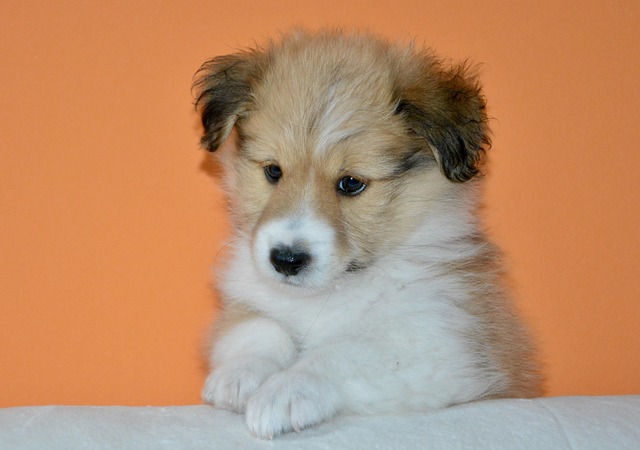
What is best for dogs' irritated skin
When we find that the dog's originally smooth and healthy skin shows symptoms of being irritated, such as redness, itching, and flaking,
In the silent late night, it should be the time for sound sleep. However, when we find that the dog, which usually falls asleep as soon as it lies down, is pacing back and forth in its nest with an anxious look in its eyes, or getting up and lying down frequently, the feeling of distress is beyond words. Dogs can't tell us about their troubles with words. Every toss and turn of theirs is like a silent distress signal. As owners, we are eager to know what causes them to have trouble falling asleep. Behind this lies not only professional pet medical knowledge but also our deep love for them. We long to find the answer, help them regain sound sleep, and bring back their former comfort and peace.
Physiological factors are one of the common reasons why dogs can't fall asleep. Pain is the "culprit" that affects a dog's sleep. When a dog suffers from diseases such as arthritis, toothache, or gastrointestinal discomfort, the physical pain makes it difficult for them to find a comfortable position to fall asleep. For example, a dog with arthritis will feel pain in its joints every time it turns over or moves its body. It can only maintain a cautious posture. Even when it's extremely tired, it doesn't dare to fall asleep easily. Some dogs may have external injuries, such as skin abrasions or fractures. The pain and discomfort of the wounds torment them all the time, making sleep seem out of reach. Watching the dog curled up in the corner due to pain, with pain and helplessness in its eyes, we wish we could bear the discomfort for it and hope to take it to the doctor as soon as possible to relieve the pain and let it sleep peacefully.
In addition to pain, the discomfort symptoms caused by certain diseases can also interfere with a dog's sleep. For example, when a dog has a respiratory disease, such as a cold or pneumonia, it will cough and have difficulty breathing, making it more uncomfortable when it lies down and unable to enter deep sleep. A dog with a urinary system disease will keep getting up to urinate due to frequent urination and urgency, and its sleep will be interrupted repeatedly. Some dogs may be infected with parasites, such as fleas or mites. The unbearable itching of the skin makes them scratch their bodies constantly and they can't calm down to fall asleep. When we see the dog not sleeping well due to these diseases, getting thinner and listless, we feel self-blame and distress, regretting not discovering their discomfort earlier and not giving them timely help.
Age is also an important factor that affects a dog's sleep. Puppies are full of energy and curious about everything around them. Even at night, they may have trouble falling asleep because of excitement. They will keep exploring the surrounding environment, playing and chewing on things, and find it hard to quiet down. On the other hand, senior dogs are just the opposite. With the growth of age, their physical functions gradually decline, and their sleep patterns will also change. Senior dogs may have fragmented sleep time, and it's easy for them to wake up and difficult for them to fall asleep again. They may also have difficulty adjusting their sleep posture due to joint stiffness and pain, thus affecting the quality of their sleep. Watching the old partner at home tossing and turning in the late night, we feel reluctant and hope to create a more comfortable sleeping environment for it so that it can enjoy more peaceful sleep in its later years.
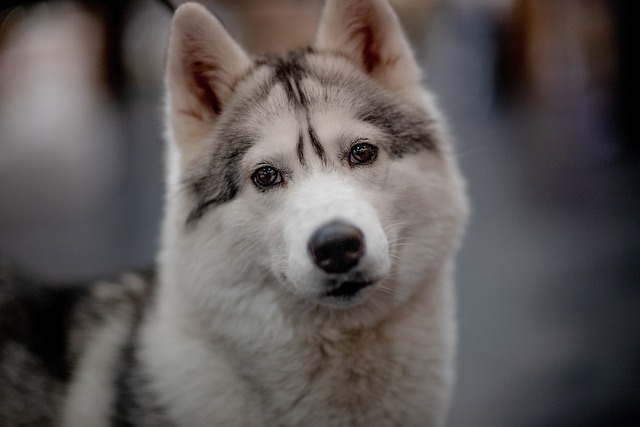
Psychological factors can also have an impact on a dog's sleep. Anxiety and fear are common psychological problems that cause dogs to have trouble falling asleep. When a dog faces environmental changes, such as moving to a new place, having new members in the family, or experiencing things that scare them, such as thunder or firecrackers, it will feel intense unease and fear. This negative emotion makes it difficult for them to relax at night and they will stay alert, unable to fall asleep. Some dogs may also have separation anxiety. When the owner is not around, they will feel lonely and uneasy. Even at bedtime, they will keep waiting for the owner's return and be reluctant to fall asleep. Watching the dog curled up in the corner due to anxiety and fear, with unease in its eyes, we will hold it in our arms tenderly and soothe it softly, hoping to give it enough a sense of security and let it let go of its worries and fall asleep peacefully.
In addition, an uncomfortable sleeping environment can also make dogs unable to fall asleep. Noisy sounds, too bright light, and an inappropriate temperature can all affect a dog's sleep quality. Dogs have sharp hearing and vision. Even a slight change in sound or light may attract their attention and prevent them from relaxing. If the sleeping place is too cold or hot, dogs will also have trouble falling asleep due to physical discomfort. When we see the dog tossing and turning in an inappropriate environment, we will immediately realize the problem and try to adjust the environment for it so that it can fall asleep in a quiet, warm, and comfortable space.
There are various reasons why dogs can't fall asleep. Every sleepless night makes them suffer physically or mentally, which also makes us feel heartbroken. As owners, we should carefully observe the dog's behavior, combine its physical condition and living environment, and find out the reasons that affect its sleep. Whether it's the pain caused by diseases, psychological anxiety, or environmental discomfort, we should use professional knowledge and full of love to help them solve the problem. One day, when we see the dog sleeping quietly at night with even breathing and a relaxed expression on its face, all our efforts and worries will turn into full happiness and satisfaction. Because in our hearts, the dog's health and comfort are worthy of all the efforts we make to guard its peaceful dreams.

When we find that the dog's originally smooth and healthy skin shows symptoms of being irritated, such as redness, itching, and flaking,
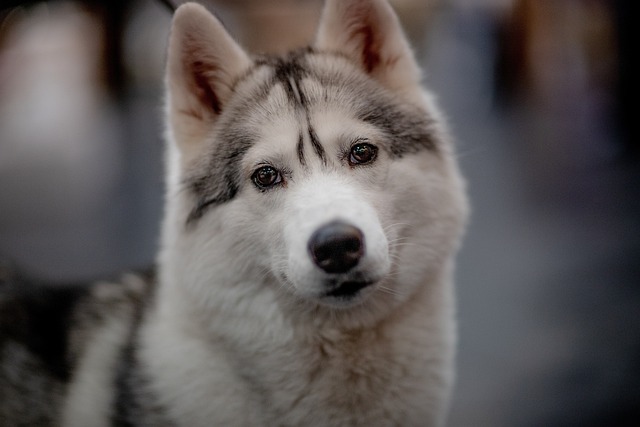
When we see our dog, which used to have smooth fur and be lively and active, constantly scratching due to dry and itchy skin,
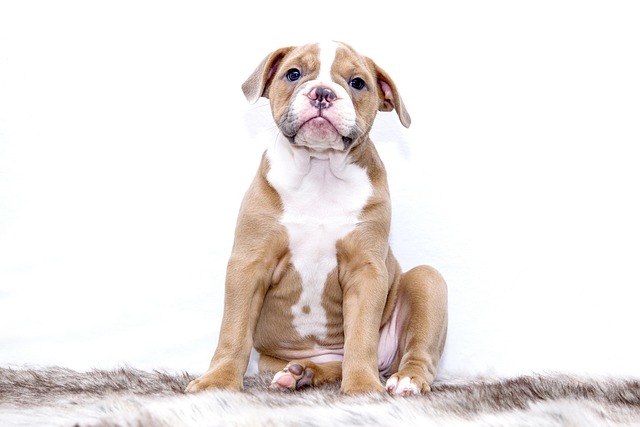
When you find that your usually lively and cute dog frequently shakes his head, scratches his ears with his paws, or even has redness, swelling, and odor in his ears, you will feel worried and distressed.
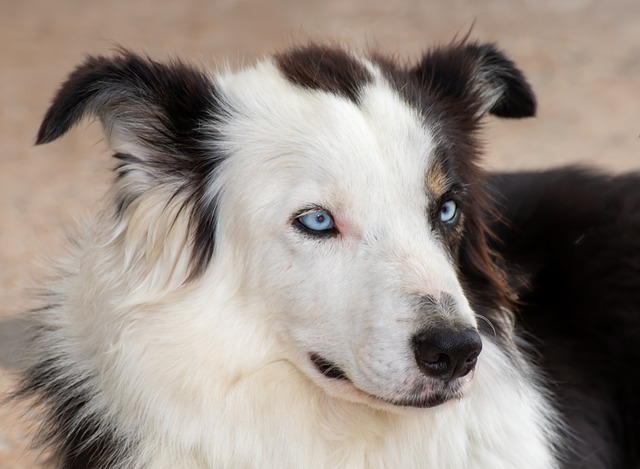
When the cold wind brings ice and snow to the window lattice, humans can resist the severe cold by adding clothes and keeping warm. Dogs, who cannot speak, can only convey their perception of the cold through subtle changes in their bodies.
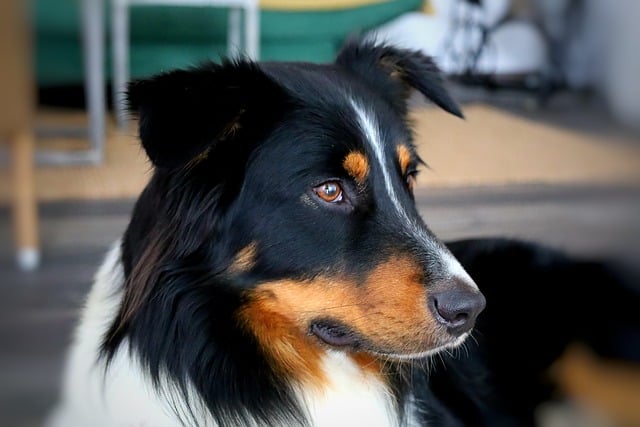
Dogs chew toys, which may seem naughty, actually contain their unique physiological and psychological needs. Every chewing is their way of interacting with the world and a special "language" to convey information to their owners.
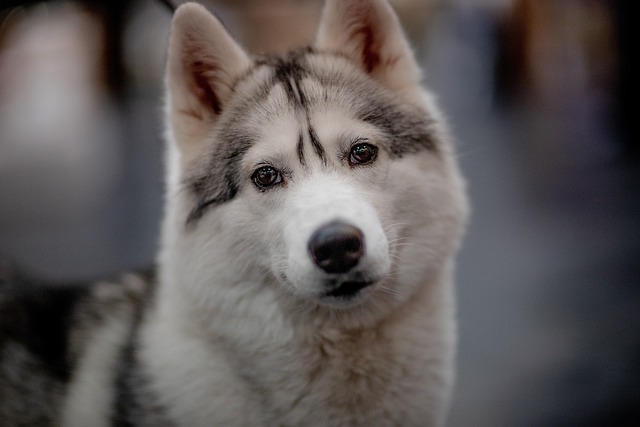
In the silent late night, it should be the time for sound sleep. However, when we find that the dog, which usually falls asleep as soon as it lies down,